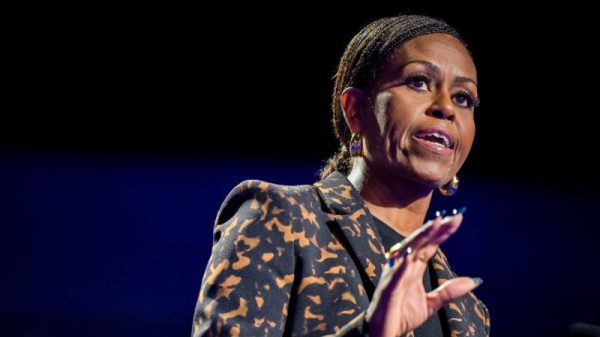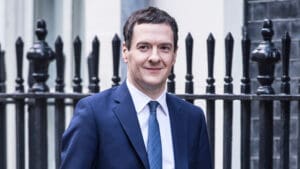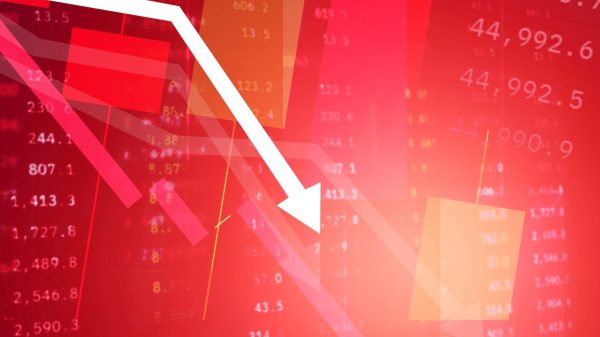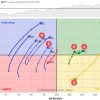
UK inflation held steady at 3.8 per cent in September, confounding expectations of a rise and increasing the likelihood that the Bank of England could cut interest rates before the end of the year.
The latest Office for National Statistics (ONS) data showed consumer price inflation (CPI) unchanged from August, and below the 4 per cent forecast by the Bank and City economists. The figures signal that the disinflationary trend may be regaining momentum, providing some relief to households and policymakers.
The headline figure was driven by a drop in food price inflation, which fell from 5.1 per cent to 4.5 per cent — the first decline in six months — alongside slower rises in recreation and service costs.
Core inflation, which excludes energy and food, dipped from 3.6 per cent to 3.5 per cent, below expectations of an increase, while services inflation — a key indicator of labour costs — held at 4.7 per cent, short of the Bank’s 5 per cent forecast.
The only significant upward pressure came from higher fuel prices and airfares, partially offset by easing costs across hospitality and retail.
Economists said the weaker-than-expected inflation reading could prompt the Monetary Policy Committee (MPC) to act sooner than markets anticipate.
Martin Beck, chief economist at WPI Strategy, said: “A November move looks unlikely, but policymakers may be overestimating how long they can wait. Fiscal tightening in the Budget, combined with rising unemployment and slowing wage growth, points to a softening economy. A forward-looking central bank should recognise that the disinflationary forces are building.”
George Buckley, chief European economist at Nomura, added that the data keeps “the next MPC meeting live”, forecasting a 25 basis point cut in November.
Markets are now pricing in a December rate reduction, with expectations of more cuts in early 2026 as inflation continues to edge closer to the Bank’s 2 per cent target.
The inflation figures come as Chancellor Rachel Reeves prepares her first full Budget on 26 November, with the government signalling measures to support households and curb living costs.
Reeves said she was “not satisfied” with current inflation levels but reaffirmed that reducing price pressures remains her top priority.
“All of us in government are responsible for supporting the Bank in bringing inflation down,” she said. “We will continue to help those struggling with bills while building an economy that rewards working people.”
Sources close to the Treasury suggest the Budget could include a cut to VAT on energy bills, an extension of the fuel duty freeze, and measures to ease payroll costs following last year’s national insurance increase.
Analysts at Capital Economics estimate that a 5 per cent VAT reduction on utilities would lower annual CPI growth by 0.2 percentage points, while broader fiscal restraint could push inflation closer to 2.8 per cent in 2026.
Despite the better-than-expected data, the UK remains on course to record the highest average inflation rate among major developed economies this year, according to both the IMF and OECD.
Persistent price pressures linked to indexed utilities, transport costs and global food markets continue to weigh on household finances.
However, economists now see signs of sustained cooling. Rob Wood, chief economist at Pantheon Macroeconomics, said: “The disinflation process is clearly underway. Combined with slowing growth and a tight fiscal stance, inflation could fall below 3 per cent next year — making a case for rate cuts sooner rather than later.”
For households, the lower inflation figure also confirms that state pensions will rise by 4.8 per cent next April under the triple lock, aligning with the jump in average weekly earnings.
As policymakers weigh fiscal tightening against a fragile recovery, September’s figures may mark the turning point that allows the Bank of England — and the Chancellor — to finally ease off the brakes.
Read more:
UK inflation holds at 3.8% in September, fuelling hopes of earlier rate cut



























